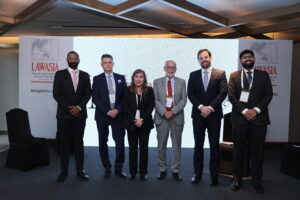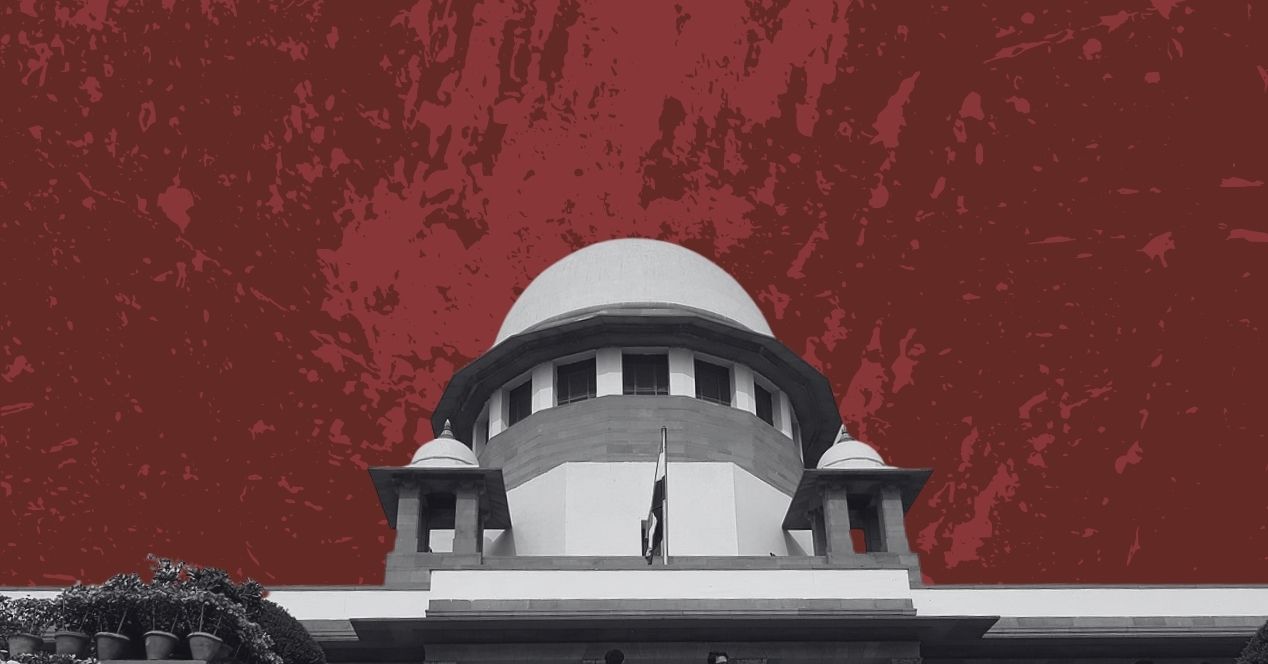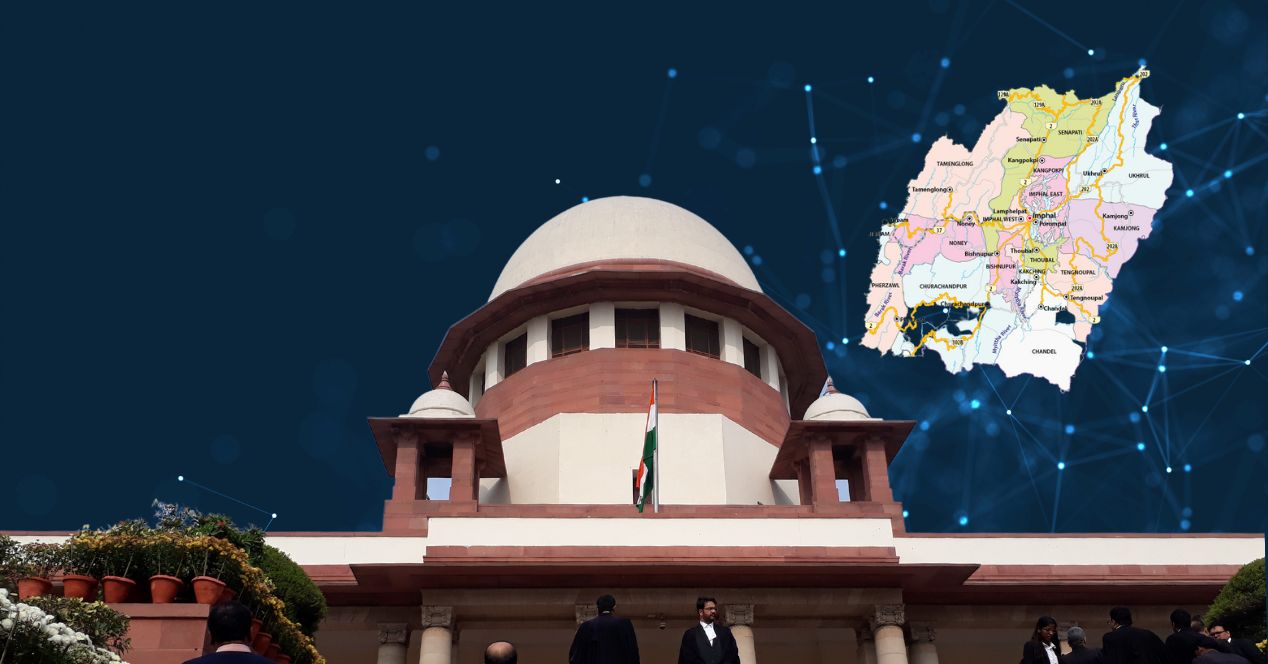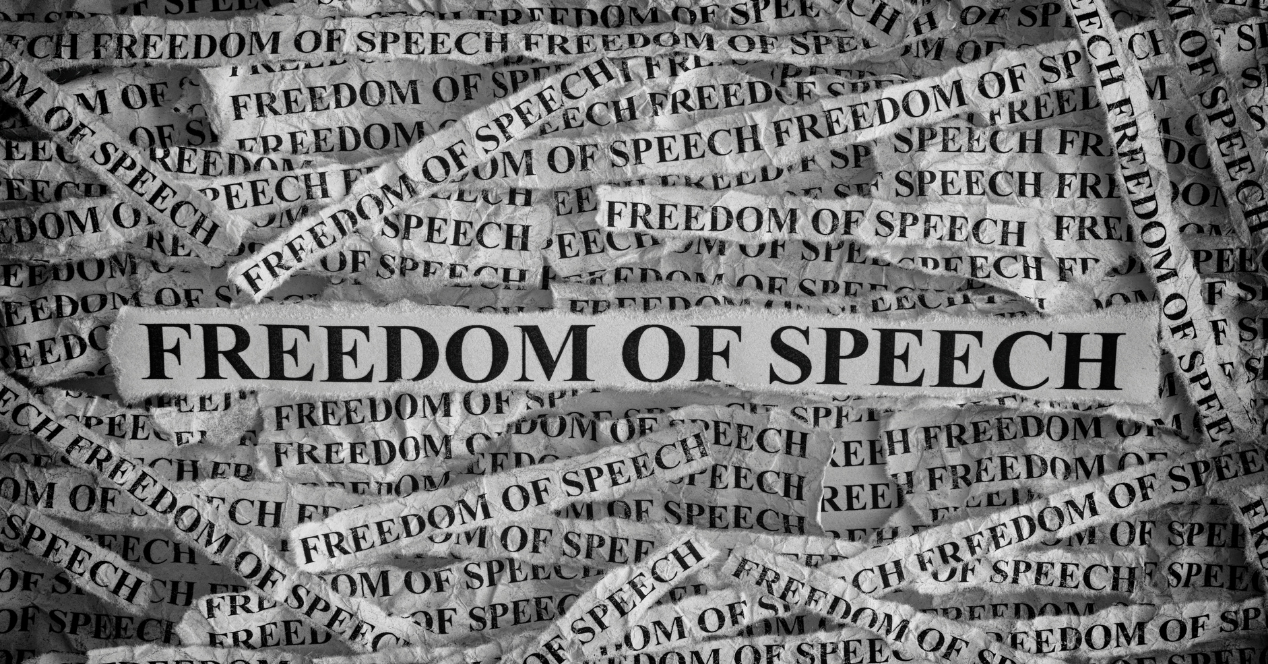Analysis
36th LAWASIA Conference 2023 | Regulating the right to internet is a deeply political discussion
Panellists discussed various possibilities on the best way to regulate internet shutdowns, net neutrality and hate speech on social media
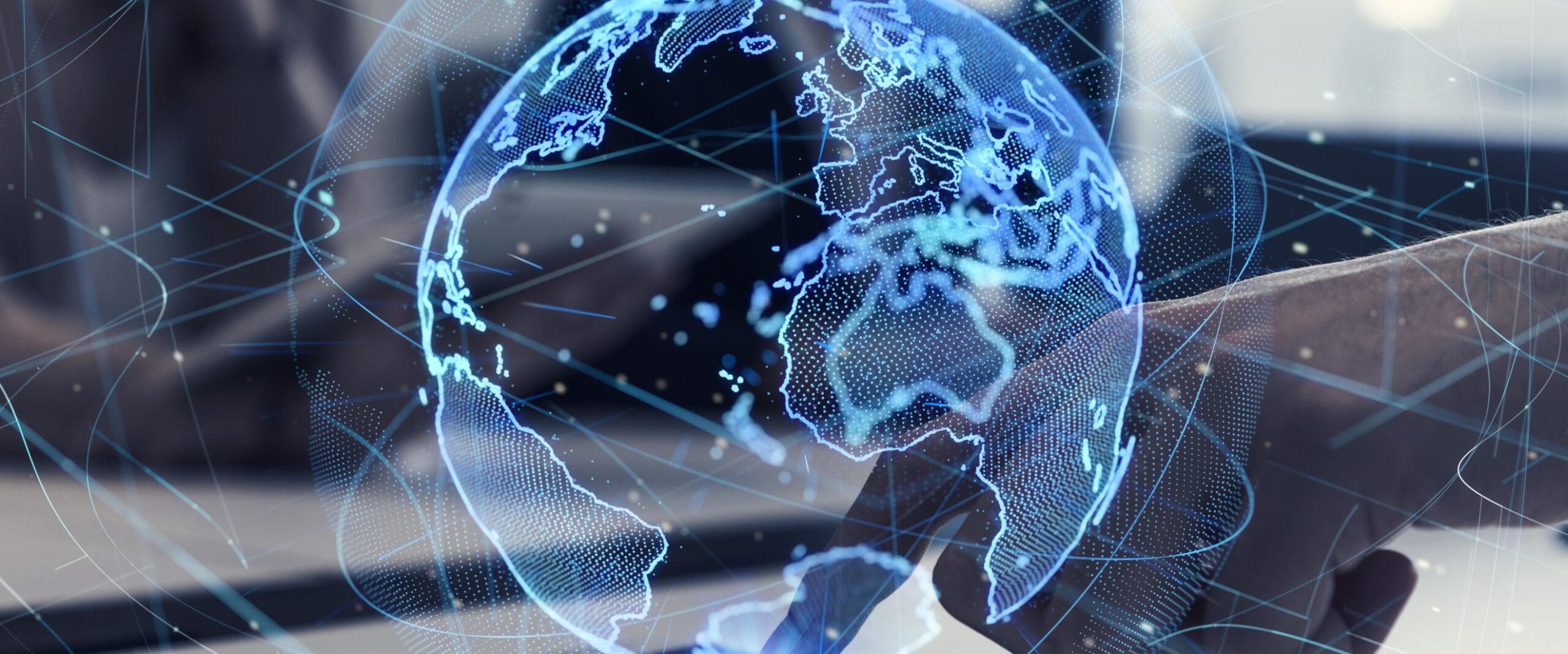
The sixth session at the 36th LAWASIA Conference 2023, held in Bengaluru, India revolved around the theme of “Internet as a Human Right: Internet Shutdowns, Net Neutrality and Online Harassment.” This discussion was especially relevant given the developments in Gaza, and also in the backdrop of conflict situations in Indian regions like Kashmir and Manipur. The panellists discussed the interests of the State in controlling access to the internet, and the role that the judiciary can play in enabling and regulating access.
Net neutrality and freedom of speech
The session highlighted the significance of the internet as a medium for expression of thoughts and ideas. Karan Joseph, Partner at law firm Shardul Amarchand Mangaldas touched upon Article 19 of the Universal Declaration of Human Rights, which recognises the freedom of speech and expression, including the “freedom to…impart ideas through any media.” According to Joseph, the elephant in the room was the fact that internet shutdowns infringed the guarantee of Article 19 and several critical rights.
Prof. Carlos E. Ramos Gonzalez, Professor of Law at the InterAmerican University of Puerto Rico spoke about the importance of net neutrality and the right to universal access to connectivity.
Advocate Sudipto Sircar discussed the status of net neutrality in India. Even though net neutrality has not been adjudicated in a major Supreme Court judgement, the Telecom Regulatory Authority of India has provided key recommendations on net neutrality. Sircar viewed Facebook’s strong stance on net neutrality as a public relations stunt. Now, the conversation around the regulation of OTT platforms in India has brought the net neutrality discussion back to the fore.
All this led to the question—who should have the authority to regulate the internet? Karen Cheah Yee Lynn, President of the Malaysian Bar drew on several examples from the Malaysian legislative arena and courtroom discussions to say that she had no conclusive answer to this question. In Malaysia too, Lynn said that the “seditious tendency” is loosely determined by the State. That’s why penal laws (including on sedition) and the Official Secrets Act could produce a chilling effect. Lynn argued that self-regulation by platforms might be most efficient.
Responding to internet shutdowns in autocratic regimes
Internet shutdowns are characteristic across regimes that have shown shades of autocratic governance. Gonzalez urged that the right to the internet existed as an independent right and flowed from a right to access cyberspace. He asserted that there lay an obligation on international law to mitigate politically motivated internet shutdowns.
Simon Henderson, an international human rights lawyer and foreign policy analyst based in Japan, pointed out that internet shutdowns are usually targeted towards specific vulnerable populations. These shutdowns are typically enforced in regions where a humanitarian crisis is unfolding or mass protests have broken out. Henderson gave the example of the recent shutdown in Gaza but also cited that the maximum internet shutdowns have been observed in India, followed by China and Hong Kong.
Lynn also condemned the 36 hour-long internet shutdown in the Gaza Strip by Israel, which had blocked all communication, including from journalists and aid workers, during the crisis. She suggested that partial restrictions which do not violate the freedom of speech and expression may offer the only sensible approach.
In Anuradha Bhasin v Union of India, the Indian Supreme Court had permitted limited restriction of the internet in Kashmir while holding that an absolute shutdown was unconstitutional. Sircar stated that even after Anuradha Bhasin and other Supreme Court decisions on internet rights, the Court had not taken a decisive position on whether the right to internet exists as a fundamental right.
Most internet shutdowns in India have been justified on grounds of public order disturbance. The Manipur conflict was the latest instance. In India, Sircar observed, local authorities have wide discretion to impose an internet shutdown—usually, the power of taking that call lies with District Magistrates.
Sircar believed that the internet exists not merely as a “simple programme” but as a “resource” to which all must have access. Joseph also agreed that the internet exists as a human right, and that the right to the internet was directly linked to the freedom of press.
Social media as a space for hate and genocide
The panellists also discussed the role of social media in the proliferation of hate speech and hate-based content. Henderson said that in Myanmar, genocidal content against the oppressed Rohingya Muslim community was distributed through Facebook. Sircar also chipped in with his thoughts on Facebook’s harmful role in hampering net neutrality across the globe. Sircar believed that Facebook was at the heart of some conflicts across the developing world. In the Global South, Facebook is not merely a social media platform but also a platform for news consumption. A more serious obligation lay on ensuring that social media platforms don’t denigrate net neutrality.

